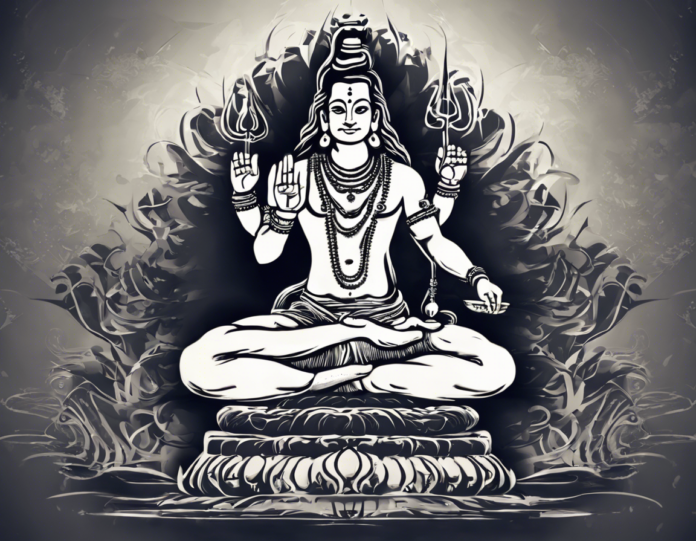Sawan Shivratri is a significant Hindu festival celebrated in honor of Lord Shiva during the Hindu month of Sawan (July-August). This auspicious festival holds immense importance for Shiva devotees who observe fasts, perform rituals, and offer prayers to seek the blessings of the Almighty. In 2023, Sawan Shivratri falls on August 3rd. This article aims to delve into the significance of Sawan Shivratri, the rituals associated with it, its astrological and spiritual significance, and how devotees can make the most of this auspicious occasion.
Significance of Sawan Shivratri:
Sawan Shivratri marks the union of Lord Shiva and Goddess Parvati. It is believed that observing fasts and performing rituals on this day can wash away one’s sins and bestow blessings for marital harmony and overall well-being. Devotees seek the grace of Lord Shiva by offering bael leaves, milk, water, and bilva patra as these are considered auspicious offerings to please the deity.
Rituals and Traditions:
-
Fasting: Devotees observe strict fasting on Sawan Shivratri, consuming only fruits, milk, and water.
-
Nightlong Vigil: Many devotees stay awake all night on Shivratri, engaging in prayers and bhajans dedicated to Lord Shiva.
-
Abhishek: Performing ritual baths or abhishek of the Shivlinga with milk, water, honey, and more is a common practice.
-
Visiting Temples: Devotees throng to Shiva temples to offer prayers and seek the blessings of Lord Shiva.
Astrological and Spiritual Significance:
According to Hindu mythology, Sawan is considered a auspicious month associated with devotion and spiritual practices. The mythology also states that during the churning of the ocean, a pot of poison emerged, causing distress to the gods and demons. Lord Shiva, to protect the world, drank the poison, which turned his throat blue and led to him being known as Neelkanth. Sawan Shivratri commemorates this event.
How to Celebrate Sawan Shivratri:
-
Observing Fasts: Devotees observe fasts from sunrise to sunset and break it only after performing the evening rituals.
-
Offerings: Offer bel patra, milk, water, flowers, and dhoop to Lord Shiva.
-
Chanting Mantras: Reciting Shiva mantras such as the Maha Mrityunjaya Mantra is considered highly auspicious.
-
Engaging in Devotional Activities: Singing bhajans and reciting Shiva Chalisa can bring peace and prosperity.
FAQs (Frequently Asked Questions):
Q1: Why is Sawan Shivratri celebrated?
A1: Sawan Shivratri is celebrated to commemorate the union of Lord Shiva and Goddess Parvati and to seek the blessings of Lord Shiva for marital harmony and well-being.
Q2: What is the significance of fasting on Sawan Shivratri?
A2: Fasting on Sawan Shivratri is believed to cleanse one’s sins and bring blessings for a prosperous life.
Q3: Can non-Hindus participate in Sawan Shivratri celebrations?
A3: Yes, people from all faiths are welcome to participate in the festivities and seek the blessings of Lord Shiva.
Q4: What are the benefits of performing abhishek on Sawan Shivratri?
A4: Performing abhishek on Sawan Shivratri is believed to bring prosperity, peace, and fulfillment of desires.
Q5: How can one make the most of Sawan Shivratri?
A5: To make the most of Sawan Shivratri, one should observe fasting, perform rituals with devotion, chant mantras, and engage in devotional activities.
In conclusion, Sawan Shivratri is a sacred festival that holds immense spiritual significance for Shiva devotees. By observing fasts, performing rituals, and seeking the blessings of Lord Shiva, devotees can experience peace, prosperity, and harmony in their lives. May this Sawan Shivratri bring blessings and joy to all those who celebrate this auspicious occasion.
